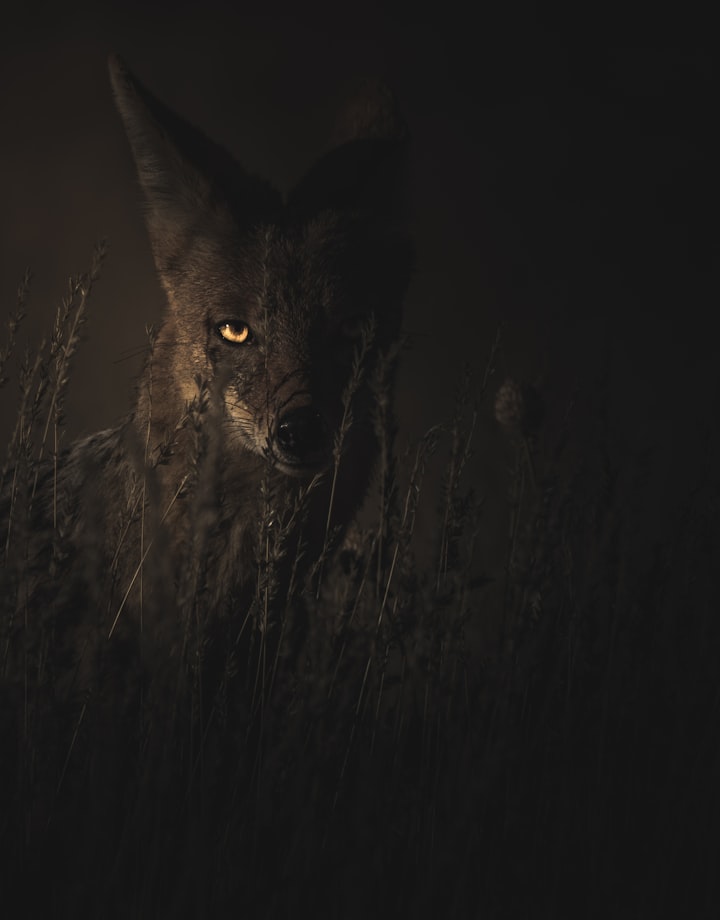
The concept of a paradox is a statement or situation that appears to be self-contradictory or absurd, but which may actually be true. When it comes to the question of our existence, there are a number of paradoxes that have puzzled philosophers and scientists for centuries. These paradoxes challenge our understanding of the nature of reality and raise fundamental questions about our place in the universe.
1) One well-known paradox that questions our existence is the paradox of the self, also known as the paradox of the ego. This paradox arises from the fact that, while we experience ourselves as distinct and separate individuals, we are also part of a larger whole - the universe. On one hand, we have a sense of self that seems to be distinct and separate from the rest of the world. On the other hand, we are inextricably connected to the world around us and to other living beings, and our sense of self is shaped by our experiences, relationships, and interactions with the world. This paradox raises questions about the nature of the self and the boundaries between the self and the world.
2) Another paradox that questions our existence is the paradox of free will and determinism. This paradox arises from the fact that, on the one hand, we experience ourselves as having free will and the ability to make our own choices and decisions. On the other hand, many factors - including our genetics, upbringing, and environment - can influence and shape our choices and actions. This paradox raises questions about the extent to which we are truly free and autonomous, and about the role that external factors play in shaping our lives.
3) A third paradox that questions our existence is the paradox of time. Time is a fundamental aspect of our experience of the world, but it is also a concept that is difficult to define and understand. On one hand, time seems to be linear and continuous, with events occurring in a sequence from the past, through the present, and into the future. On the other hand, time also seems to be relative and subjective, with different observers experiencing time at different rates depending on their relative motion and their distance from gravitational sources. This paradox raises questions about the nature of time and our experience of it.
These are just a few of the many paradoxes that question our existence and challenge our understanding of the world. While these paradoxes may seem confusing and impossible to reconcile, they also offer opportunities for deep contemplation and exploration, and can lead us to new insights and understanding about ourselves and the universe we live in.
4) A fourth paradox that questions our existence is the paradox of the infinite. The concept of infinity is a difficult one to grasp, as it goes beyond our ordinary experience of the world and our limited ability to comprehend it. On one hand, the universe seems to be infinite, with no end or boundary in sight. On the other hand, our own lifespans are finite, and everything in the universe has a beginning and an end. This paradox raises questions about the nature of infinity and our place in the infinite universe.
5) Another paradox that questions our existence is the paradox of the beginning and the end. This paradox arises from the fact that, while everything in the universe has a beginning and an end, the universe itself may not. Some theories suggest that the universe has always existed and will always exist, while others propose that the universe had a beginning and will eventually come to an end. This paradox raises questions about the origins and ultimate fate of the universe, and about our own place within it.
6) A final paradox that questions our existence is the paradox of consciousness. Consciousness is a fundamental aspect of our experience of the world, but it is also a concept that is difficult to define and understand. On one hand, consciousness seems to be a unique and irreducible aspect of our experience, something that cannot be reduced to mere matter or energy. On the other hand, consciousness is closely tied to the functioning of the brain and the body, and some theories suggest that it may be possible to fully understand and explain consciousness in terms of brain activity and physical processes. This paradox raises questions about the nature of consciousness and our place in the world as conscious beings.
In conclusion, there are many paradoxes that question our existence and challenge our understanding of the world. These paradoxes may seem confusing and impossible to reconcile, but they also offer opportunities for deep contemplation and exploration, and can lead us to new insights and understanding about ourselves and the universe we live in. Whether we are contemplating the nature of the self, the mysteries of free will and determinism, the paradoxes of time and infinity, or the enigma of consciousness, these paradoxes invite us to explore the limits of our understanding and to seek new ways of thinking about the world and our place in it.
About the Creator
Sukuna
Hii There






Comments
There are no comments for this story
Be the first to respond and start the conversation.